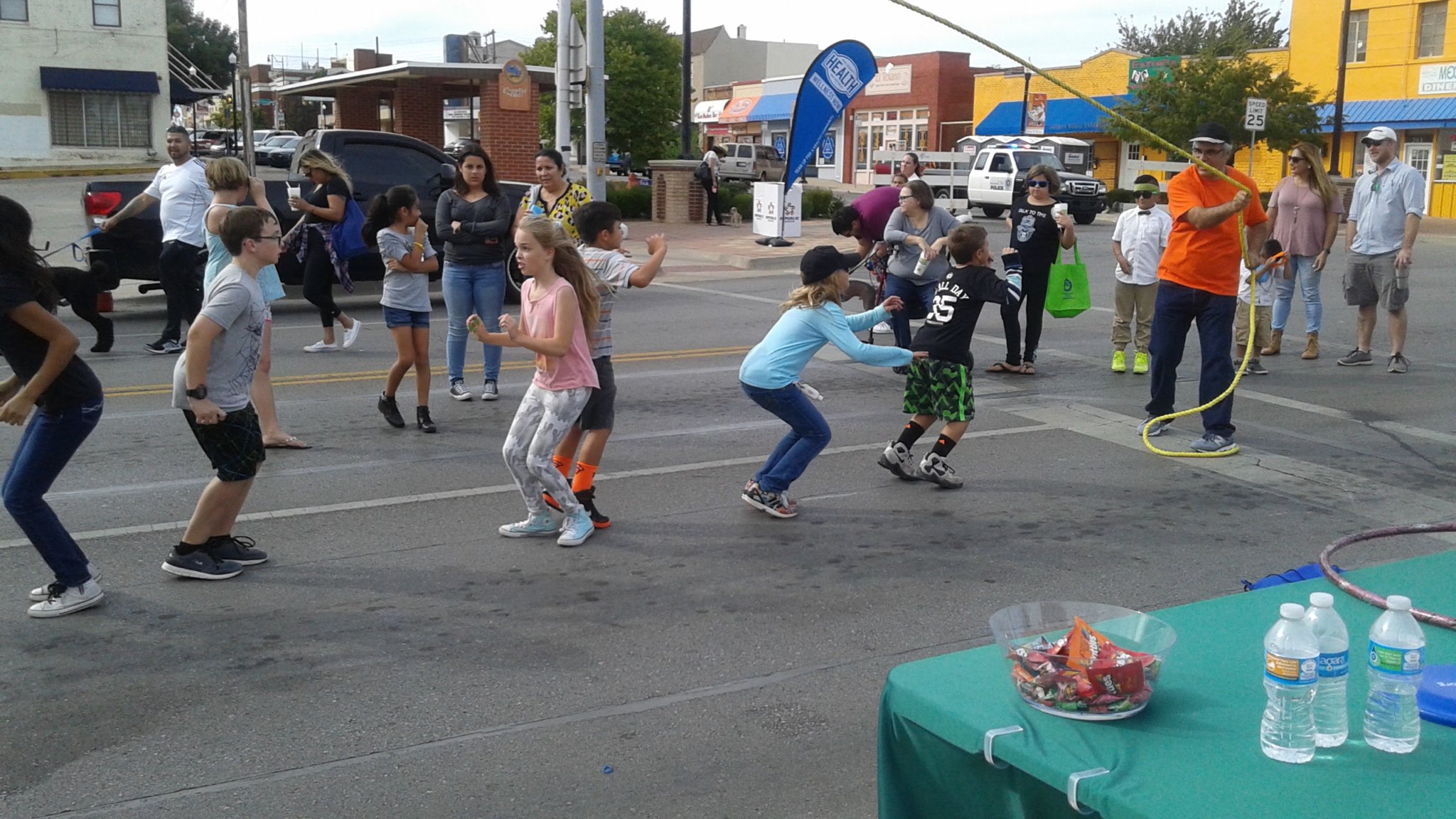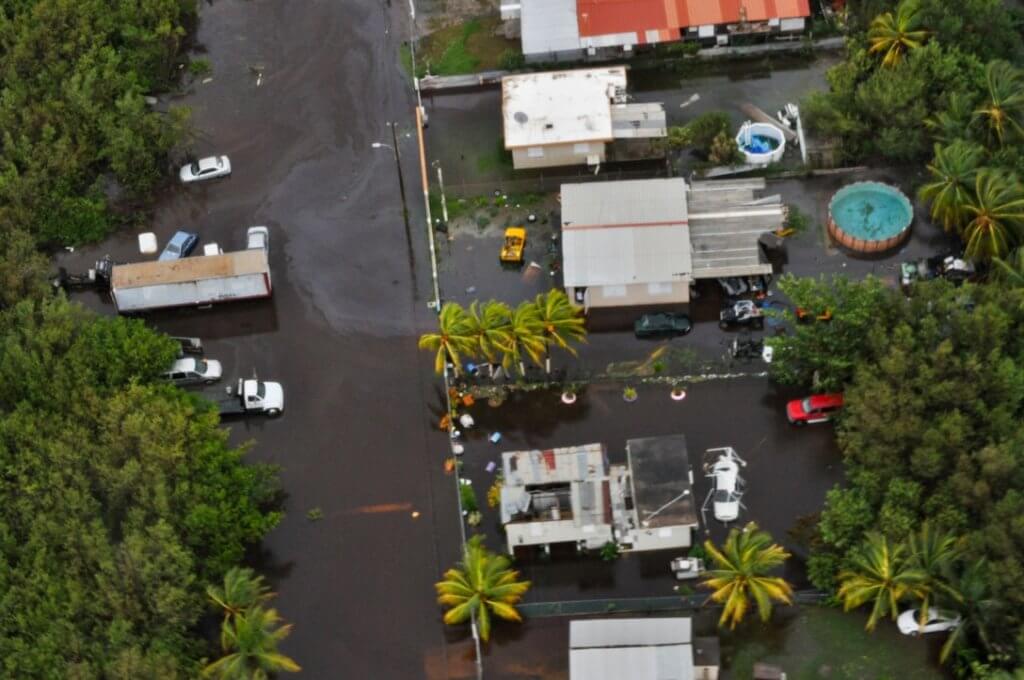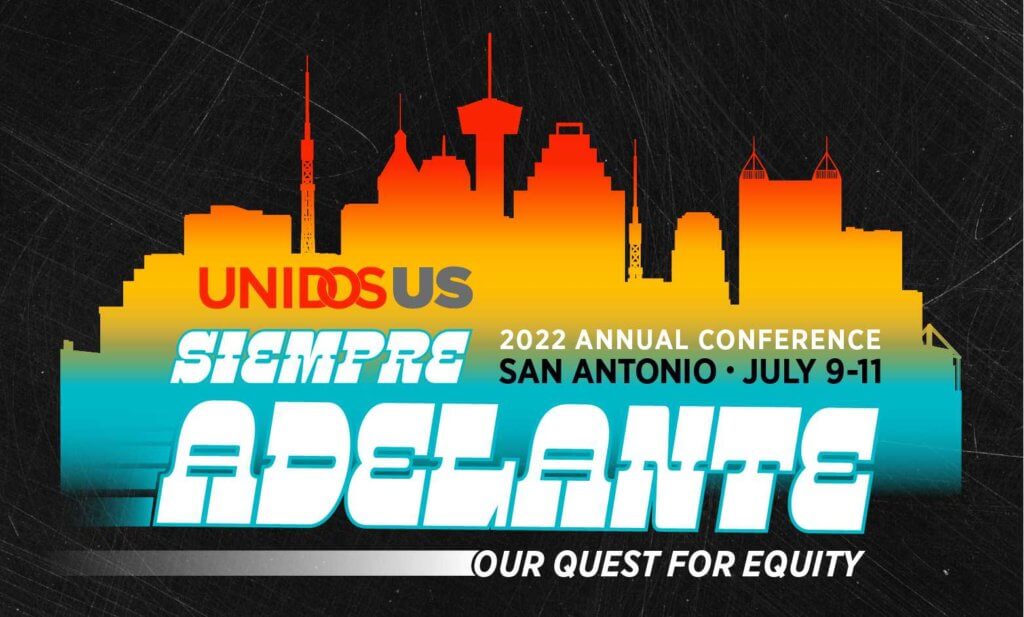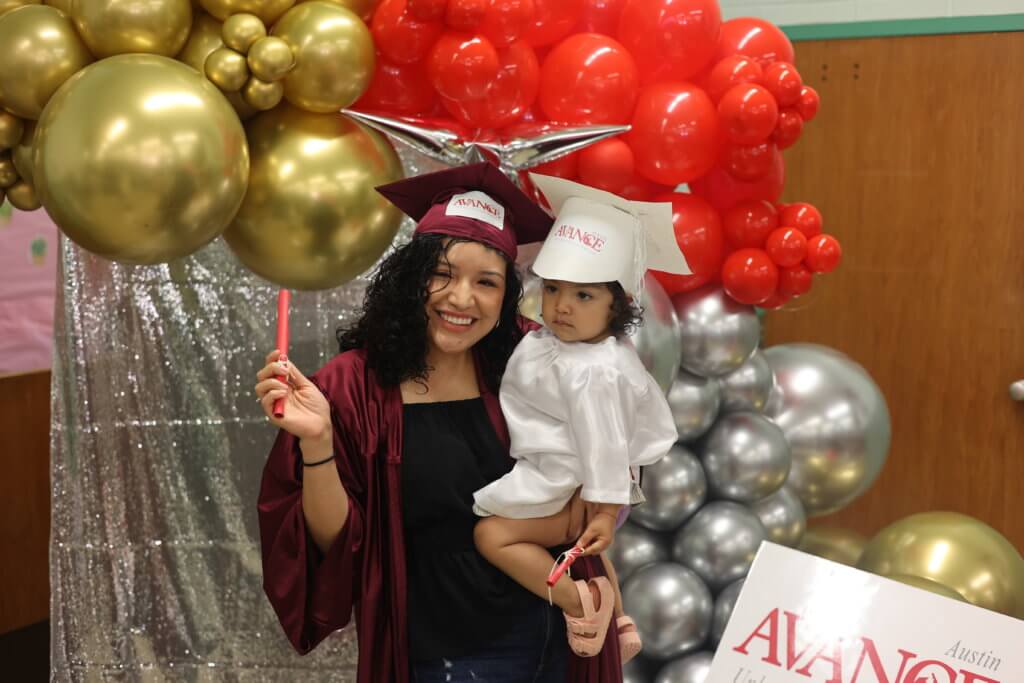Expanding where health happens: A Look at Comprando Rico y Sano’s Community Health Impact Challenge
Being healthy is more than not being sick, and extends beyond our physical well-being, as it includes emotional and social well-being. Moreover, rather than individual choice and behavior alone, health is impacted by the places where we live, learn, work, play, and pray, also known as the social determinants of health.
Our ZIP code, for example, can help determine how long we live. A person’s health can be impacted by factors ranging from education and income level, to neighborhood safety and green spaces, to stress and access to healthy food.
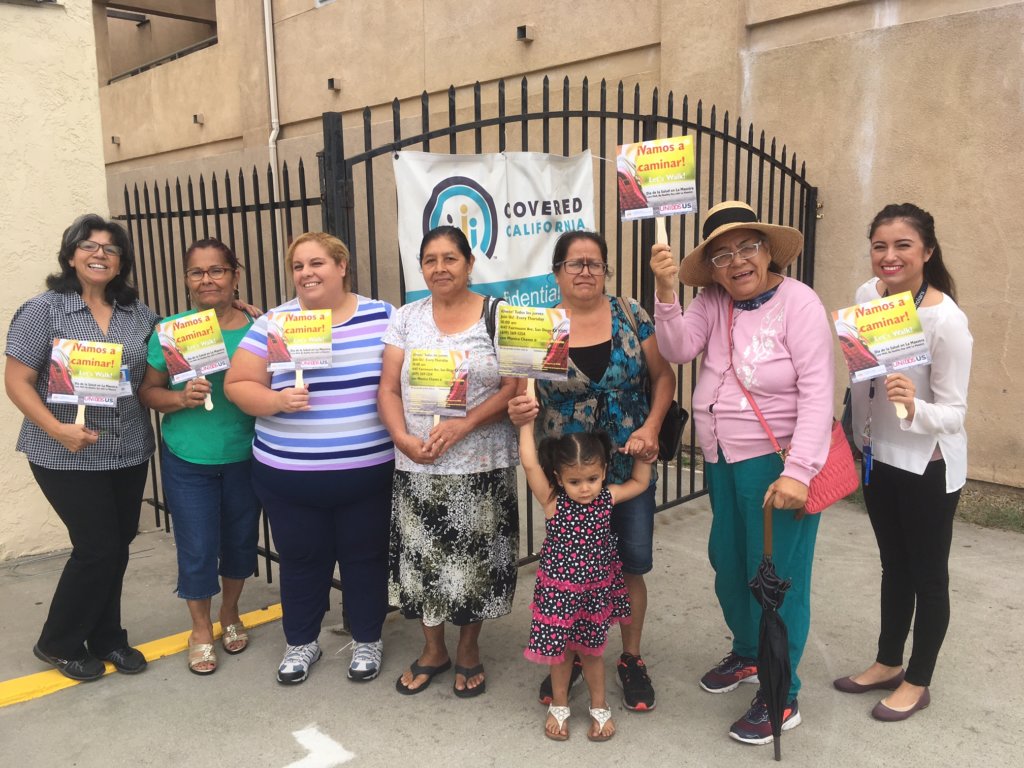
Your opportunity for health starts long before you need medical care and is shaped by the distribution of money, power, and resources throughout local communities, thus disproportionally affecting low-income communities.
That’s why UnidosUS (formerly National Council of La Raza), through its Comprando Rico y Sano program designed a ‘health challenge’ among its 24 subgrantees, or Affiliated and non-affiliated community-based organizations.
Funded by the Walmart Foundation, Comprando Rico y Sano subgrantees were charged to engage in activities that demonstrated community-driven solutions in targeting where we live, learn, work, and play, and whose efforts can lead to healthier communities.
This year, finalists in the challenge demonstrated their expansive knowledge of the factors that impact health. For example, both La Maestra Community Health Centers (LMCHC) and the Latino Community Development Agency (LCDA) implemented walking clubs as an extension of Comprando Rico y Sano to encourage physical activity, as well as social interactions between neighbors who participate in the club together, while the Mexican Coalition for the Empowerment of Youth and Families proposed an effort to promote civic engagement among members of “Mexican hometown associations” given that these associations have vast experience in developing projects and mobilizing members of the community.
ABOUT OUR WINNERS
La Maestra Community Health Centers
Based in California, La Maestra Community Health Centers (LMCHC) is a Federally Qualified Health Center (FQHC) in San Diego County that has served the area for the past 27 years. LMCHC predominantly serve clients who are immigrants, refugees, uninsured, or underinsured, and through their work in the community, they have come to understand that ‘health’ is much more than the absence of disease.
In June 2017, LMCHC’s Community Health Access Department (CHAD) started a walking club that meets every Thursday morning. CHAD has water and healthy snacks available for participants after the walk, so that they have a chance to teach club members about nutrition and encourage those who are eligible to sign up for CalFresh, California’s Supplemental Nutrition Assistance Program (SNAP).
So far, 62 people have walked with LMCHC’s walking club at least once, with four to five people walking with the club each week. While on average the club has included three participants each week, as many as 11 people have shown up to walk at a time.
While CHAD was only able to take frequent measurements for 26.7% of participants, the results were positive. For example, 42.8% experienced healthy weight loss and 50% improved their blood pressure.
Hermelinda Calvario, who has participated in the walking club and attended some of the charlas led by promotores de salud (community health workers) said this of LMCHC’s program:
“When I walk, I feel calmer and relaxed. My blood pressure has improved now that I have stopped taking medication. I try to take care of myself by eating healthy things like vegetables, and I avoid eating bread. In the charlas (small educational sessions) I have learned new recipes for healthy foods, and I like to participate to meet new people and chat with others.”
LMCHC is looking to expand their walking club to 120 active participants by the end of 2018, hoping to reach more people not just through word-of-mouth and relying on people seeing the flyers they wave during their walks, but also by leaving flyers visible at the front of their office and informing clients who come in about the opportunity.
Reaching more people would help LMCHC not just positively influence more families to change their habits, but also give them the chance to help more eligible families sign up for programs such as SNAP, Medi-Cal, Covered California, and financial education.
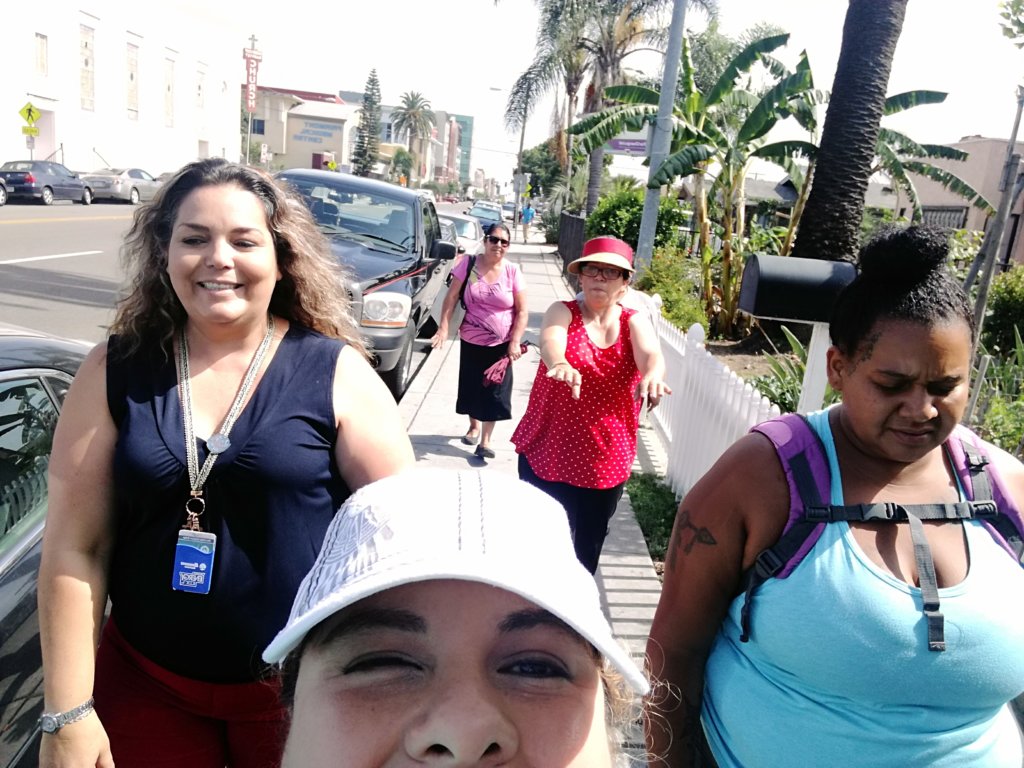
Latino Community Development Agency
Latino Community Development Agency (LCDA) is a community-based organization that operates in central Oklahoma, and partners with several organizations—including us here at UnidosUS—to help break down barriers to health and social services that help the Latino community in central Oklahoma thrive.
In Oklahoma, 14.4% of adults never obtained a high school diploma. Oklahoma also reports the sixth lowest median household income of $41,664, ranks seventh highest in the number of uninsured individuals at 18.7%, and third in incarcerations—32% higher than the national average.
LCDA offers classes on nutrition, diabetes, chronic disease management, and on helping families stay healthy. This past year, 150 families participated in the nutrition classes, 50 families in the diabetes and chronic disease management classes each, and 75 families participated in the Healthy Families class.
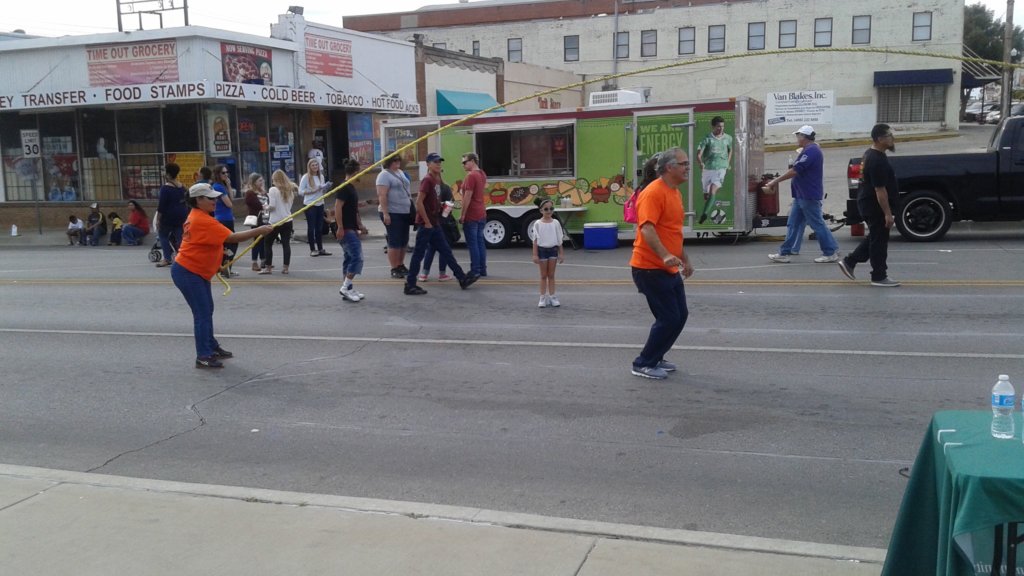
For the challenge, LCDA introduces physical activity to community members after they take classes about nutrition, diabetes, chronic disease management, and healthy families. LCDA helps participants
come up with their own exercise plans, keep track of their efforts, including outlining the factors that made it difficult to complete their goal. LCDA also helps ensure that the whole family becomes involved in healthy living by encouraging parents to set goals for their children to follow. Ms. Ileana Lezama, mother of two children who attended LCDA’s diabetes and chronic disease self-management classes, and participated in their Healthy Families Program said: “I am very happy. When I started the program I was overweight, and I did not know how to feed my family or do physical activity. Little by little I learned what to give my family and how to become more active. I joined LCDA’s Walking Club and received a one-year membership to the local YMCA for my family because I participated in all classes. I feel so healthy now that I have lost several pounds…and I recommend people participate in this program,” Ms. Lezama said.
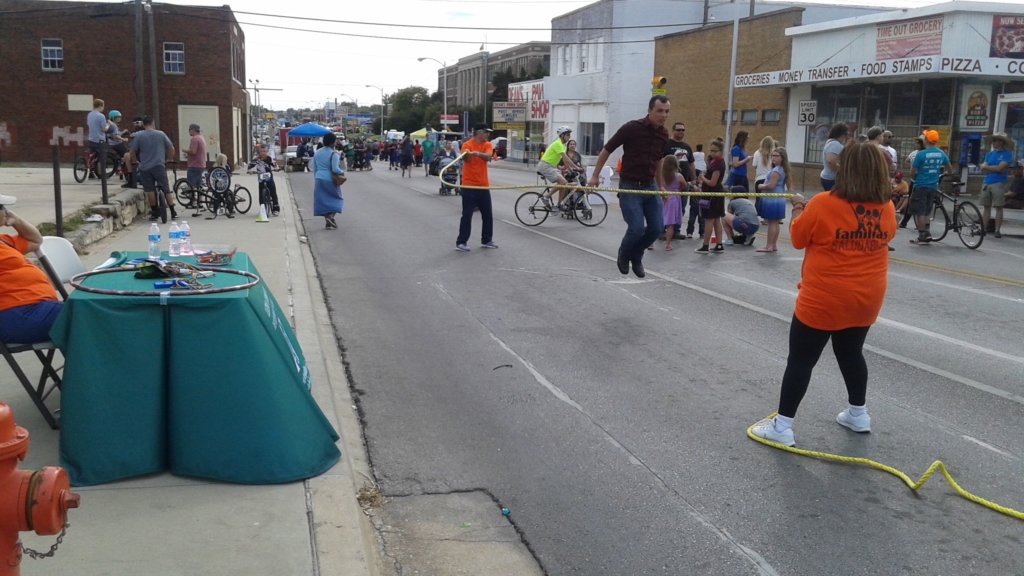
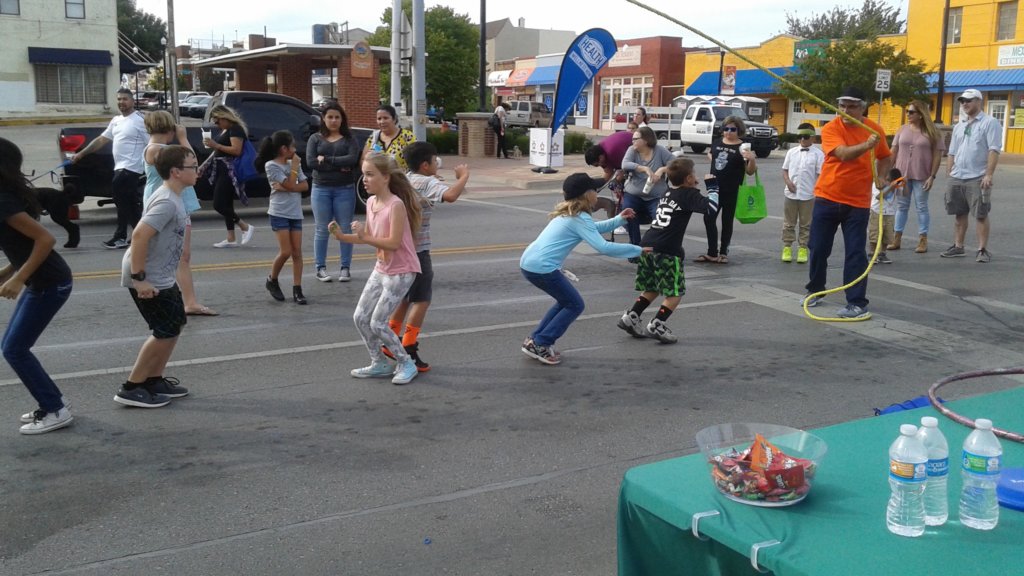
The Mexican Coalition for the Empowerment of Youth and Families
The Mexican Coalition Coalition for the Empowerment of Youth and Families (Mexican Coalition) tasks itself with building communities that help Latinos achieve their full potential in the United States. As a result, they partner with us at UnidosUS through our Comprando Rico y Sano program to help improve Latinos’ well-being in New York City neighborhoods.
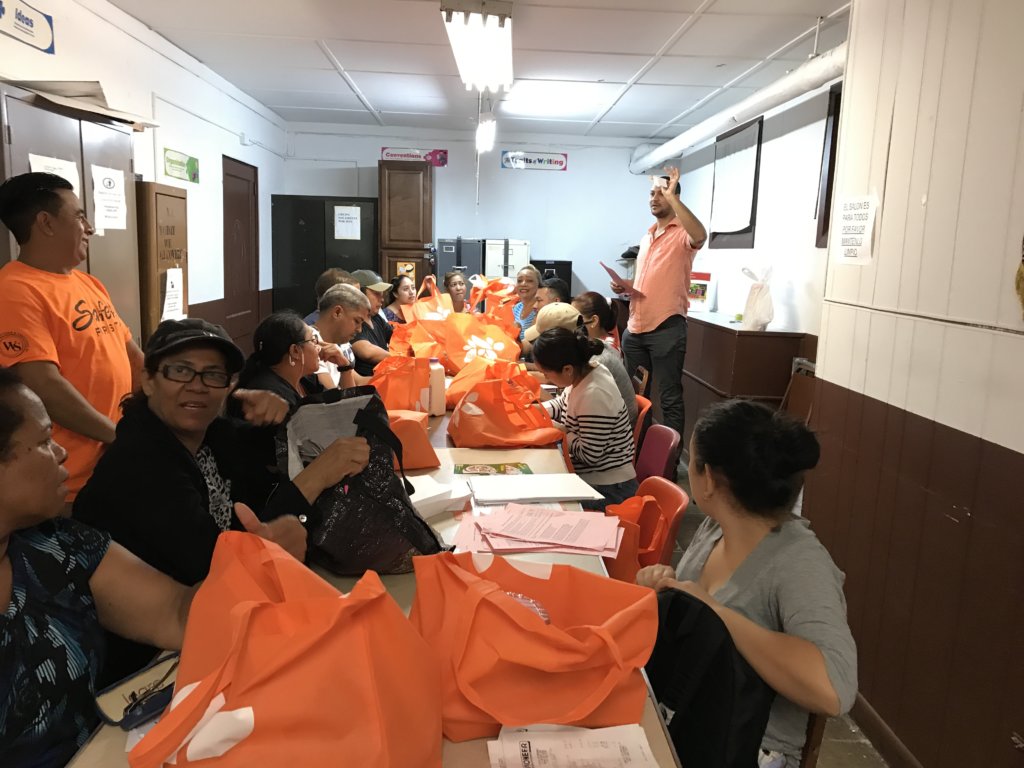
A study conducted by the Department of Health and Mental Hygiene in New York City found that of the Latinos living in the city, Mexican Americans had the least opportunity for educational attainment, with 47% having obtained only some high school education. Additionally, while Mexican Americans are more likely than their Latino counterparts to obtain job opportunities and advancement in the city, 63% spend more than 30% of their income on rent, meaning access to affordable housing is often out of reach for the Mexican community. According to New York City Department of Health and Mental Hygiene, Mexicans have the highest employment rate (93%) compared to non-Latinos in NYC; yet 66% have incomes below 200% of the federal poverty level compared to non-Latinos (less than $48,500 yearly income for a family of four in 2015). In addition, Mexicans are six times as likely as non-Latinos to be uninsured (54%) in NYC.
While the Mexican Coalition is focused on improving access to culturally relevant health care information through implementing the resource system NowPow, the Mexican Coalition’s approach to addressing key social determinants of health such as overcrowding living conditions and lack of access to health care is also focused on improving civic engagement within their community. For example, the Mexican Coalition is looking to engage presidents of “Mexican hometown associations” as they have vast experience in developing projects and mobilizing members of the community. Promotores de salud, or community health workers, that are part of the Mexican Coalition also work with the presidents of these organizations to ensure that they have up-to-date information on issues that could impact the health and safety of the community. In the NYC tri-state area, there are more than 60 of these associations or “clubes.” The Mexican Coalition is working to bring together as many of these “clubes” to identify common local goals on which to collaborate in NYC, as well as connect as many of these presidents to other community partners who could benefit from their direct participation in the planning and designing of programs that could help improve access to other quality-of-life services.
They’re also looking to host legal clinics with partners like the NYC Bar Association and the American Immigration Lawyers Association to provide up-to-date individual pro bono legal counsel, and work with the Mexican consulate to help Mexican Americans understand their rights and access needed assistance, such as official Mexican documents or labor protections. Future goals that the Mexican Coalition seeks to achieve is to plan at least two community-based actions that address the social factors that influence health, and a meeting with the New York City Council to present a public policy proposal that could positively impact the health of all Latinos living in the city.
Where Does Health Happens in Your Community?
The most important aspect of the Comprando Rico y Sano Community Health Impact Challenge is the fact that it looks to the community first and foremost, allowing its members to determine how to best address the issues faced in their neighborhoods every day.
The Mexican Coalition, as well as LCDA, and LMCHC understand this—that’s why they’re focused on creating opportunities to come together with members of the community that allow them to help address their needs collectively, as well as determine what is needed for a community to thrive.
To learn more about the ways that UnidosUS’s Comprando Rico y Sano is helping communities to improve their well-being, visit our webpage here. Please comment below or reach out to us on how you are expanding health in your local community.
By Stephanie Presch, Content Specialist, UnidosUS
This blog post is part of Comprando Rico y Sano, a program supported by the Walmart Foundation.
